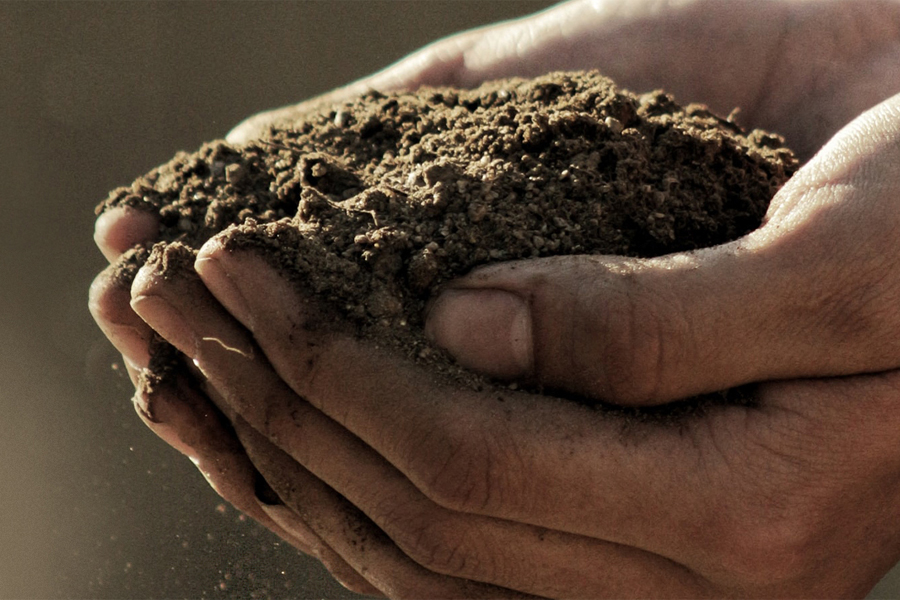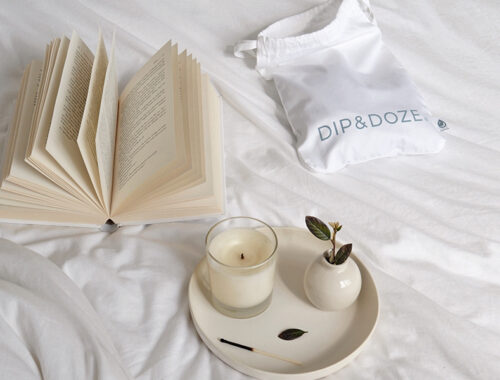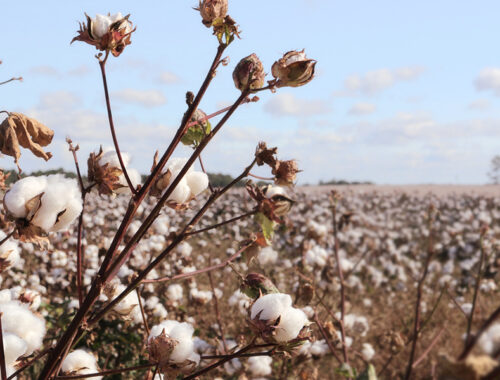
the lowdown on organic vs egyptian cotton
We know life is complicated enough for you out there, and with more myths surrounding sleep than we can count sheep (!), we’re here to help you make better decisions when choosing your sheets by de-bunking common deceptions.
organic cotton
Oh, the places you’ll go in search of the finest quality cotton. Our search took us near and far, before we found exactly what we were looking for in India.
Not only did we find some of the world’s most beautiful, high-quality cotton fibres, but we also found a community with decades of experience in working with it. Here, skills that have been passed down for generations meet new innovations. Committed to bettering the local ecology, our farmers grow GOTS certified organic cotton without the use of GMO seeds or harmful chemicals, instead planting pest-repelling herbs and flowers—such as marigolds—around their crops. Soil is rotated regularly, with any weeds hand picked. This improves the quality of the soil and it’s water retention capabilities. They also recycle rainwater efficiently, meaning less than 20% of outside water needs to be used for irrigation.
But perhaps you’re not familiar with the superiority of organic Indian cotton? Well, it rivals Egyptian cotton…

egyptian cotton
Once upon a time, Egyptian cotton was considered the highest-quality cotton in the world. It was the go-to for fancy sheets. That was down to being cultivated in nutrient-rich soil on the banks of the Nile, where the valley’s climate is humid. Conditions perfect for growing especially long cotton fibres (we call this staple length) which results in soft, snuggly, durable bed linen.
However, problems arose when demand grew, meaning that there’s no longer any guarantee products labelled as Egyptian cotton are made from this 5-star variety (bad cotton can be grown in Egypt too!), or how much of the cotton content actually even comes from Egypt at all.
And today, with new techniques used by farmers, high-quality, long staple fibres can be grown elsewhere in the world.
Untouched by any harmful chemicals or pesticides and picked by hand, the organic cotton plants our farmers grow produce a staple length that is long, if not longer than conventionally grown cotton.
So, there you have it. The most important thing to look out for is long-staple cotton and a company that cares about quality, sustainability, their workers and you.
Shop beautifully simple, beautifully made bedding.
You May Also Like

calculating better sleep: the case for cost per use
August 14, 2019
switches for your sustainability journey
January 16, 2020


